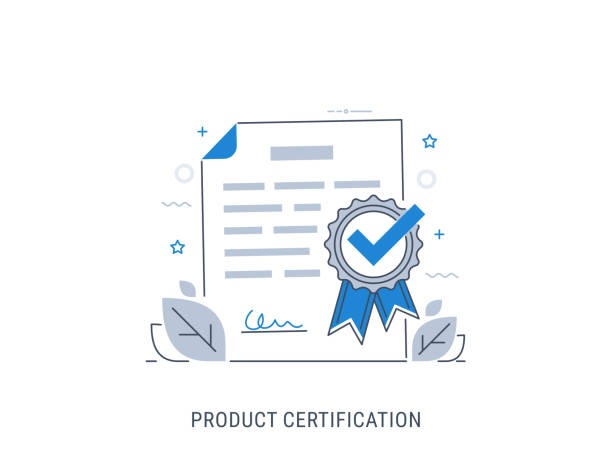
PRODUCT CERTIFICATION
Product certification is a process that verifies a product's conformity to a specific standard, regulation, or technical specification. This certificate indicates that the product meets the defined criteria in terms of quality, safety, performance, or environmental compliance. The certification process is generally carried out by an independent third-party organization and aims to increase the reliability of products, strengthen market competitiveness, and ensure consumer confidence.
Objectives of Product Certification
Guaranteeing Quality: Confirms the product's compliance with standards.
Consumer Safety: Ensures that the product has passed the necessary tests for safe use.
Legal Compliance: Demonstrates that the product conforms to relevant legal regulations and standards.
Market Access: Certified products can be sold more easily in local and international markets.
Competitive Advantage: Certification makes products more reliable and preferable in the market.
Types of Product Certification
Mandatory Certification:
Certification required for compliance with legal regulations.
For example, the CE mark (indicates that products are legal in the European Union).
Voluntary Certification:
Certification requested by the manufacturer to enhance the product's quality and competitiveness.
For example, eco-labels or quality certificates.
International Certification:
Indicates that products comply with international standards.
For example, ISO 9001 (Quality Management System), ISO 14001 (Environmental Management System).
Sector-Specific Certification:
Specific certification processes for products used in certain sectors.
For example, GlobalGAP for agricultural products, RoHS for electrical products.
Performance and Safety Certificates:
Guarantee the product's performance and user safety.
For example, UL (Underwriters Laboratories) or TÜV certificates.


Advantages of Product Certification
Consumer Confidence: Certified products offer consumers a safer and higher-quality option.
Ease of Export: Products with international certificates can access wider markets more easily.
Compliance with Legal Requirements: Certification verifies that products comply with local and international legal requirements.
Brand Reputation: Products certified for quality and reliability enhance brand value.
Competitive Strength: Certified products have a more advantageous position in the market.
Who Can Obtain Product Certification?
Manufacturers
Importers
Exporters
Retailers
Product certification is a process that enhances the value and reliability of a product for all these parties.
Certification is a fundamental requirement for products to succeed in the market, offering significant advantages to both consumers and businesses.
Contact Us to Begin Your Product Certification Process.
We offer affordable and effective solutions tailored to your needs.
The information presented on this website does not constitute legal advice and is intended for informational purposes only. KompassEurope.com.tr assumes no responsibility for any errors or omissions in the information contained on this website. Any decisions made or actions taken by the reader based on this information are solely at the reader's own risk, and KompassEurope.com.tr shall not be held liable for any legal consequences arising from such decisions or actions. Readers are strongly advised to seek professional legal counsel regarding their specific circumstances and concerns.
© 2025 Kompass Europe. All rights reserved. The contents of this website belong to Kompass Europe and are protected by copyright laws. Copying, publishing, distributing or any commercial use of the information on the website is possible only with written permission. By using this site, you agree to our Terms of Use and Privacy Policy.
